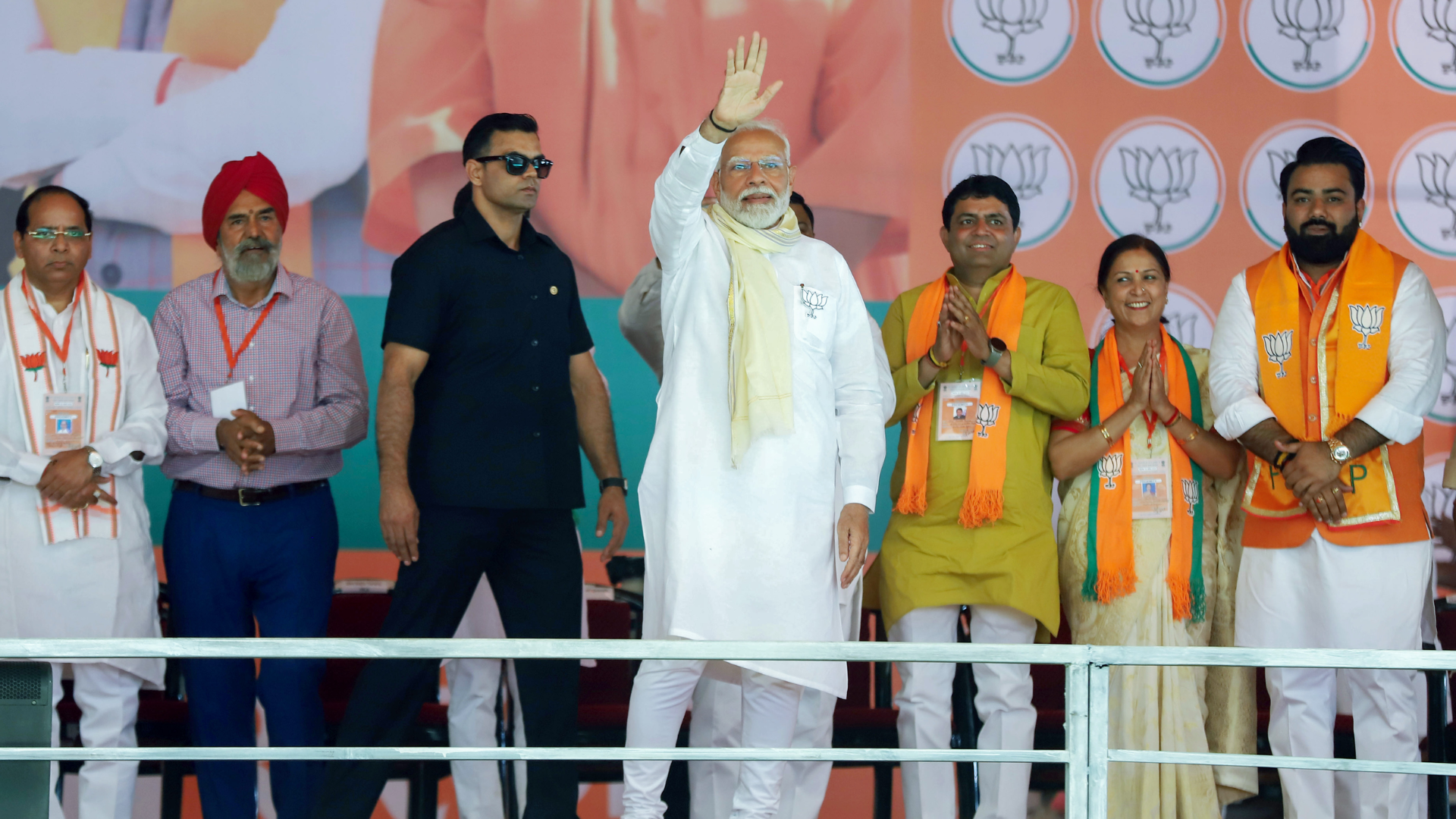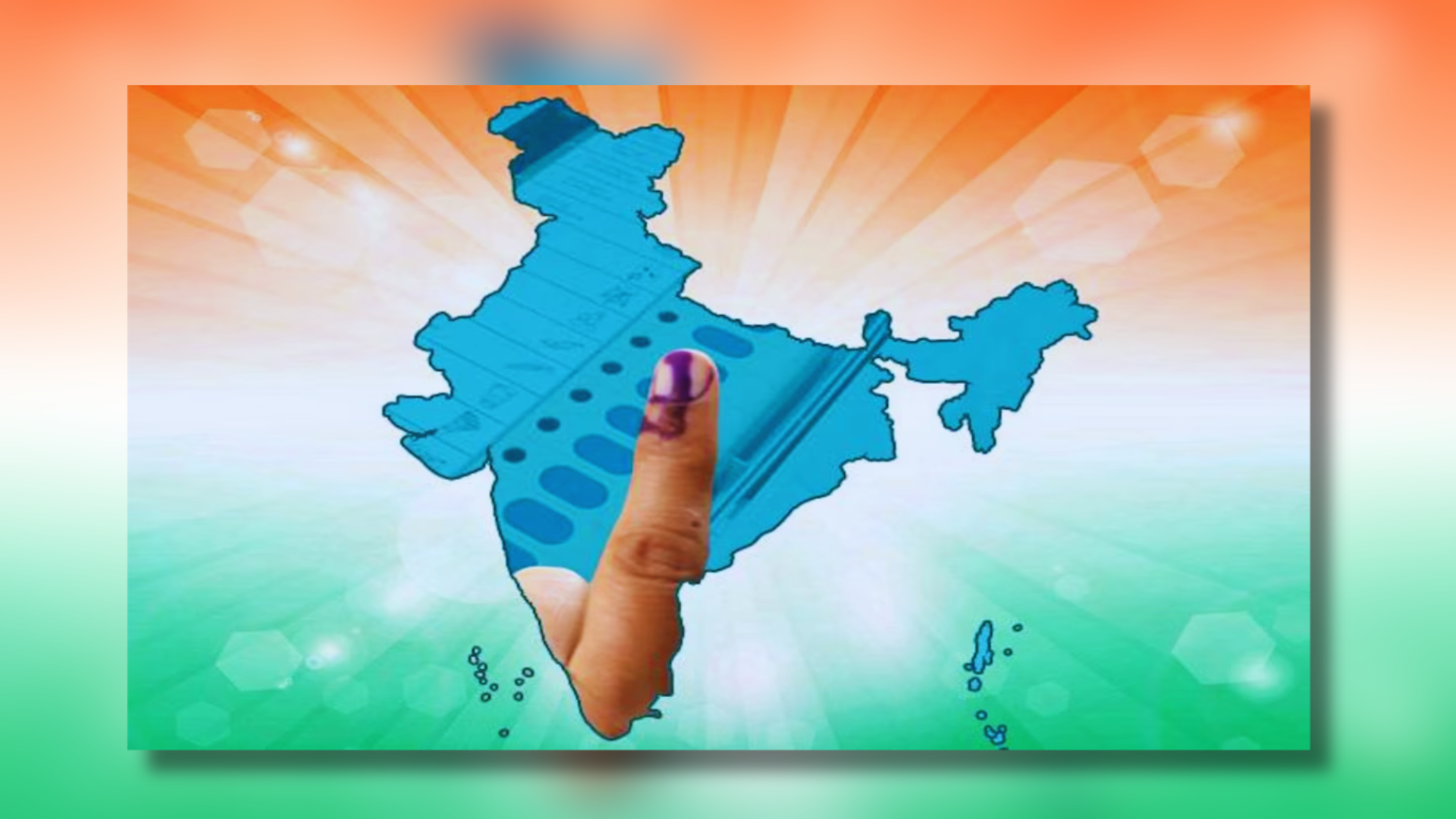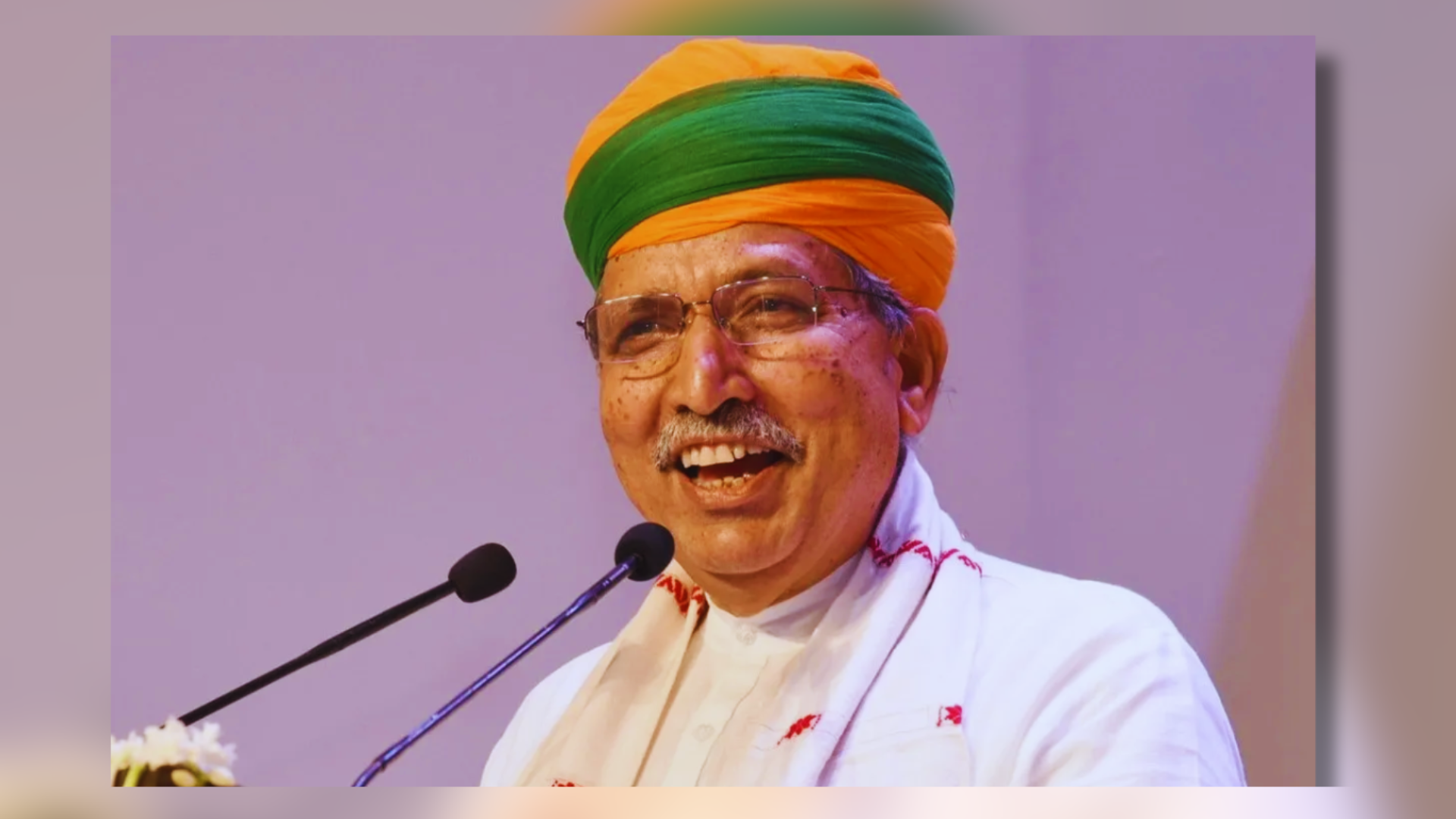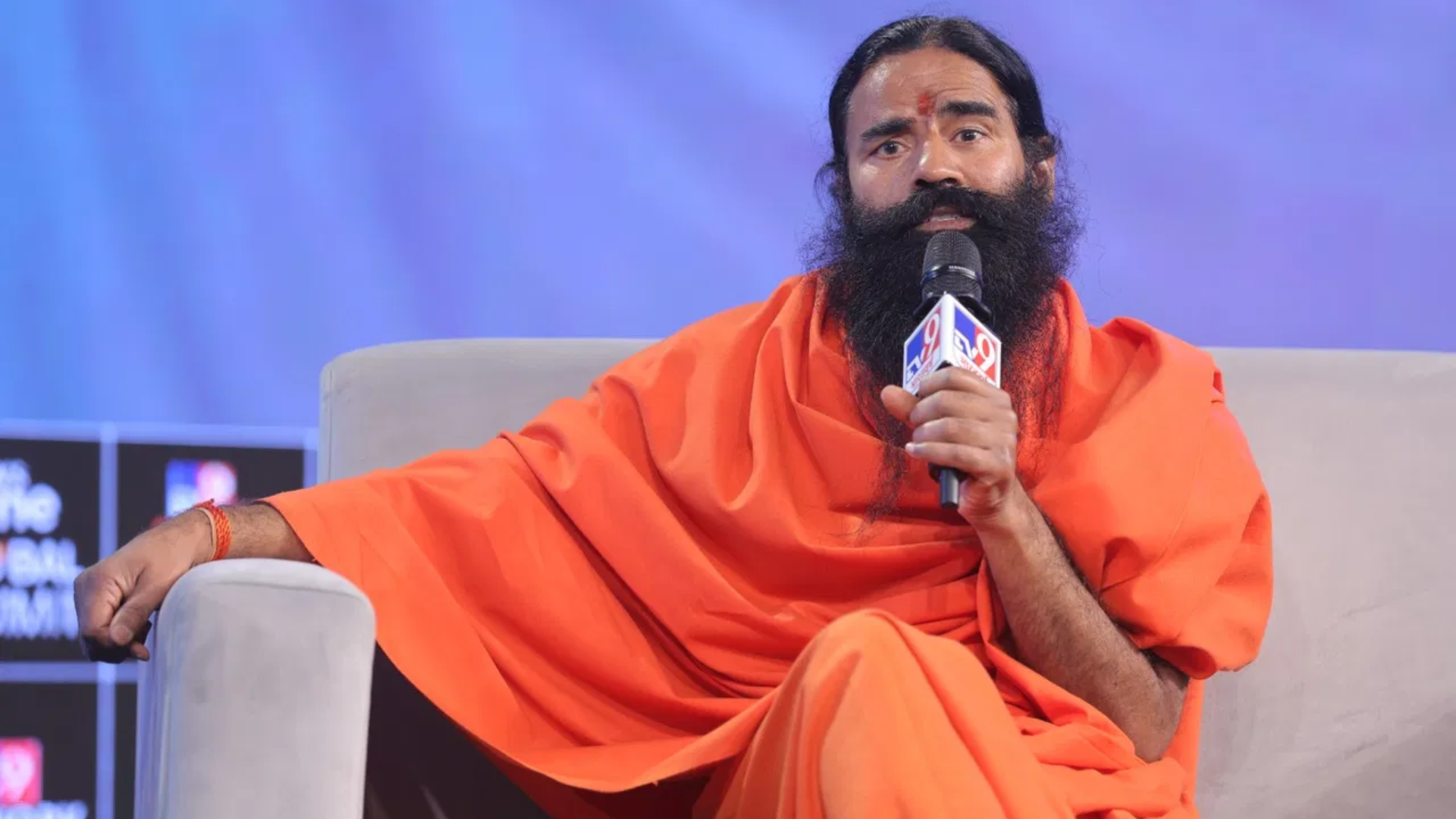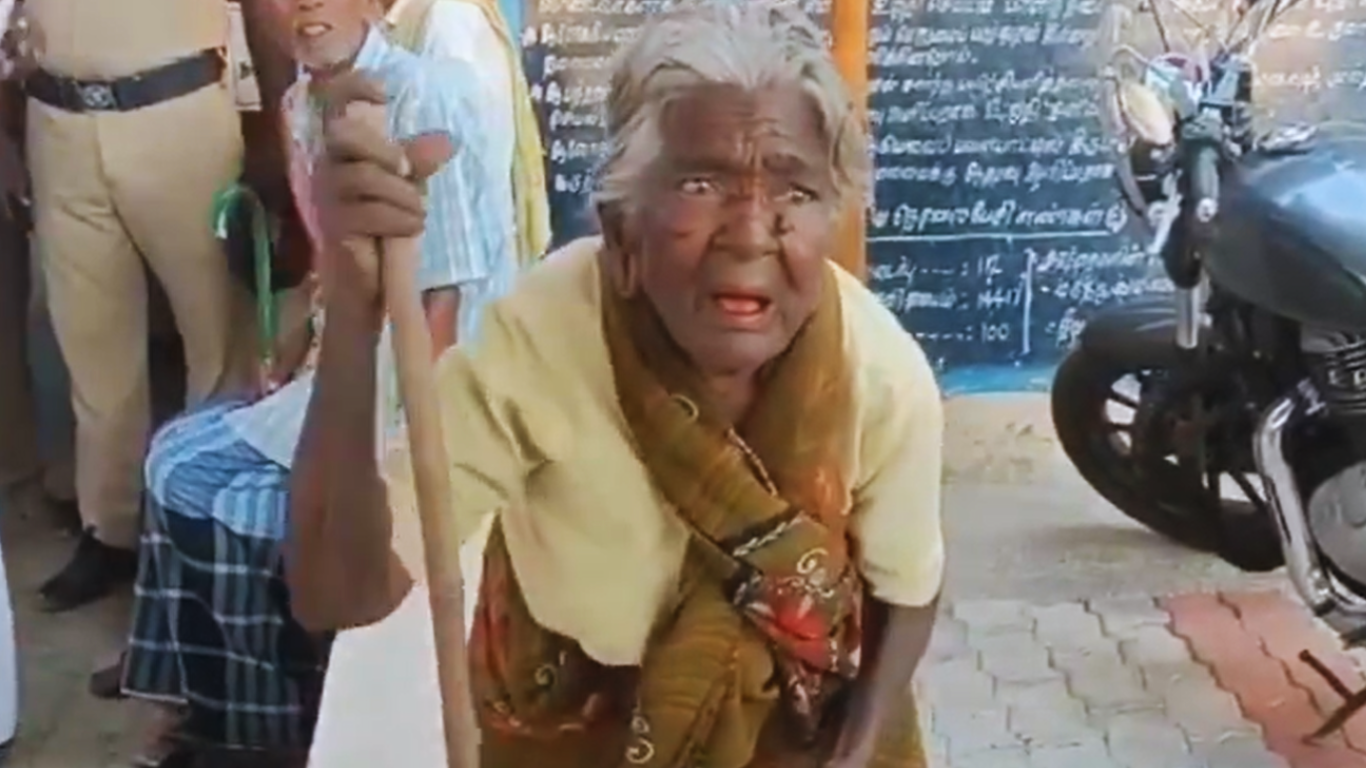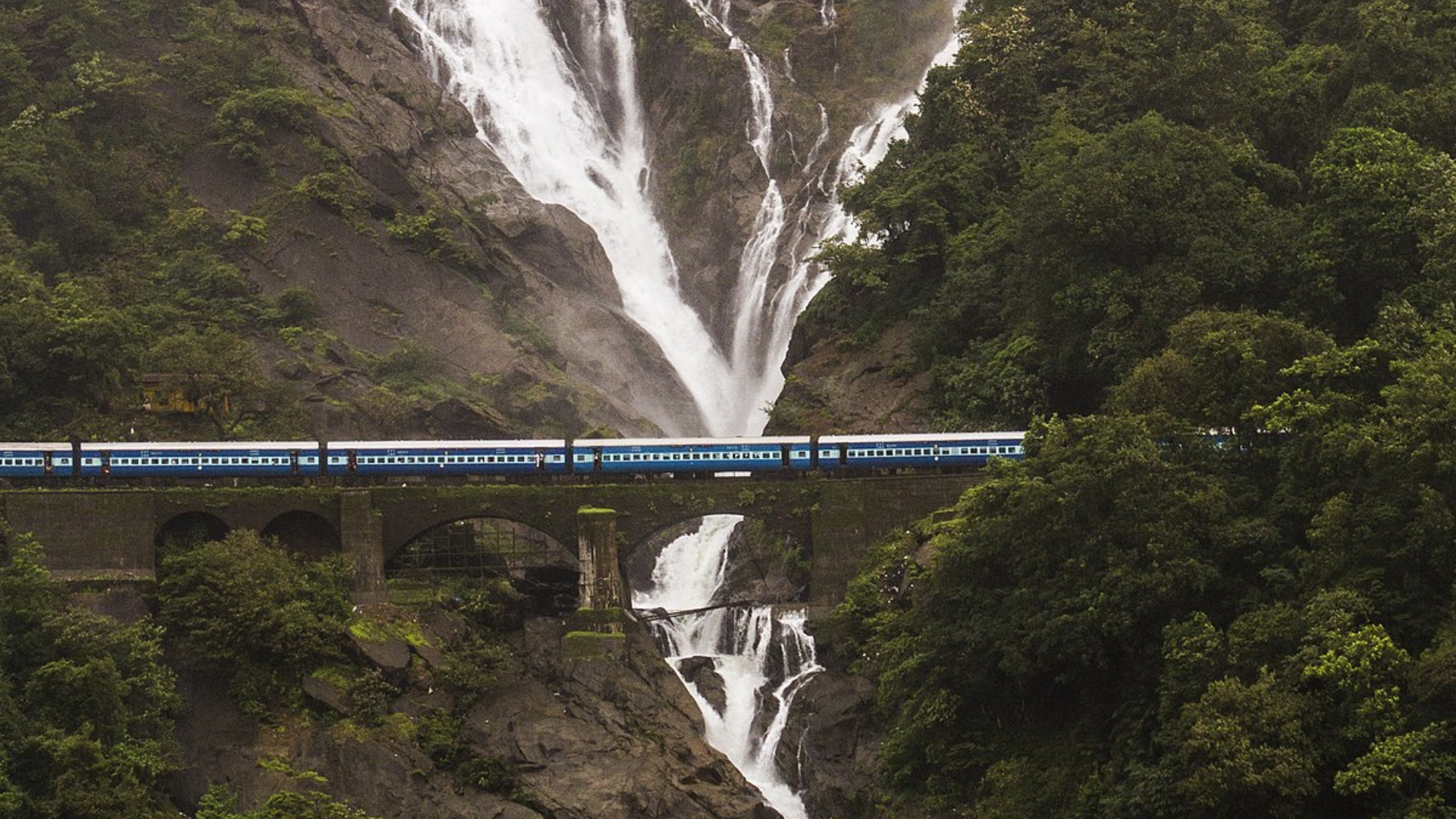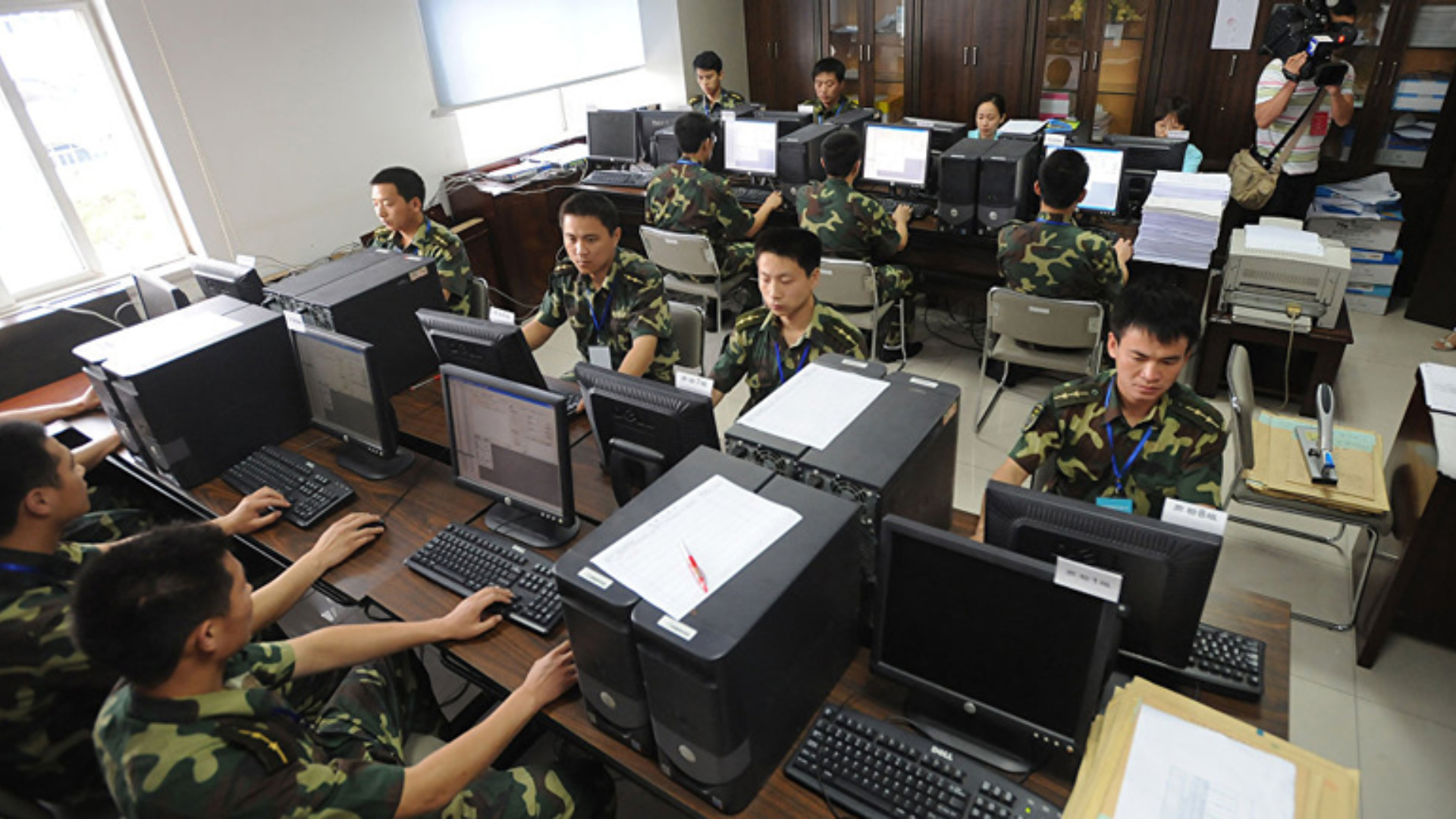


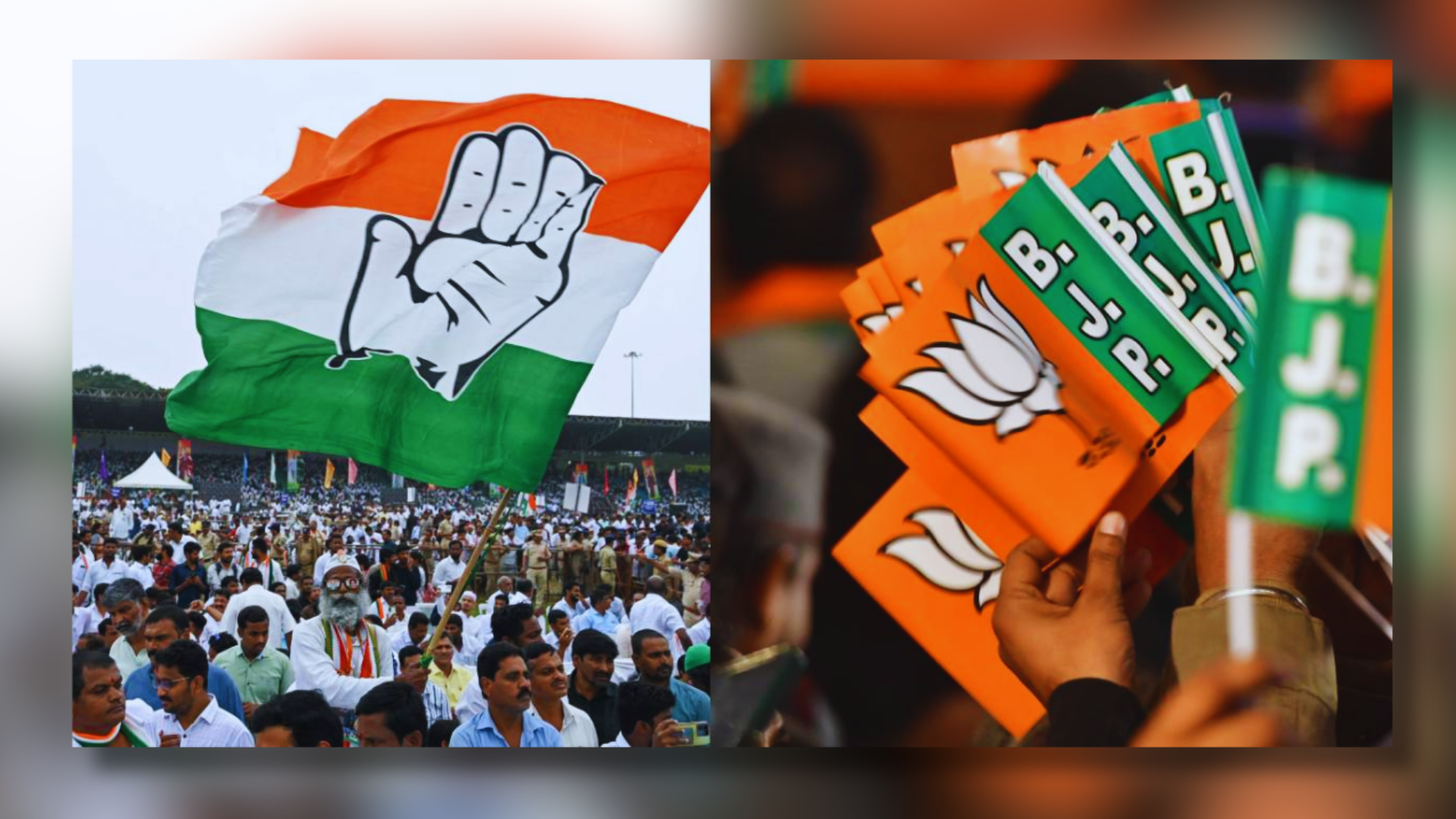
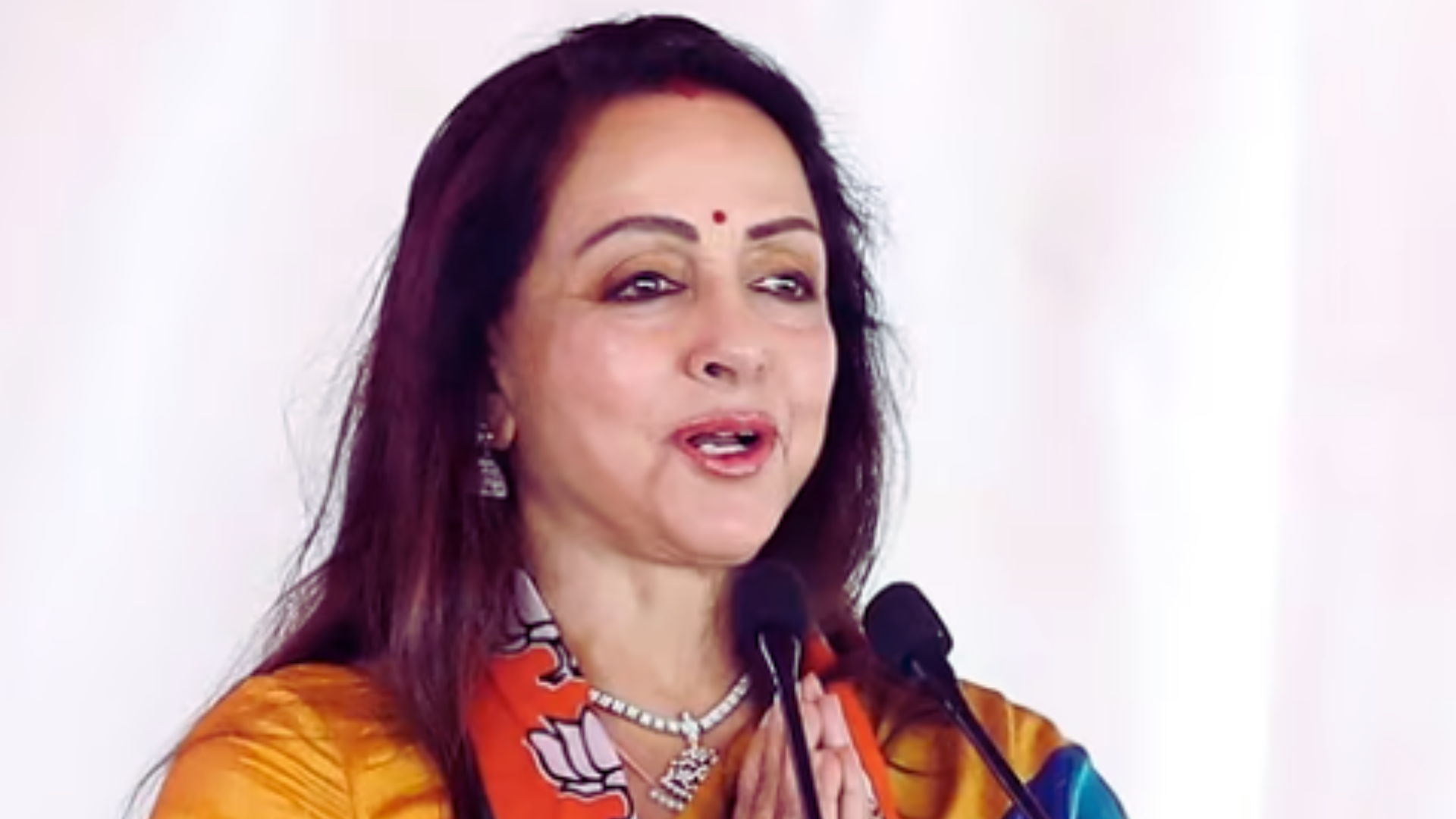
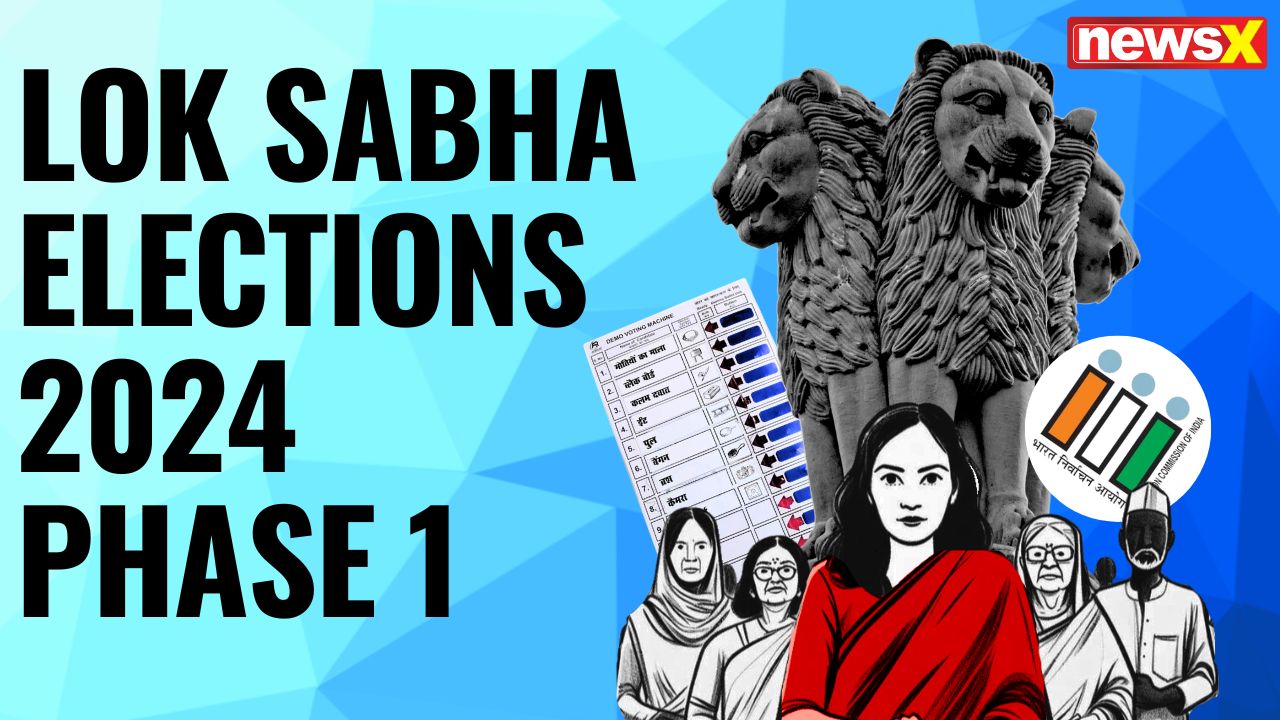
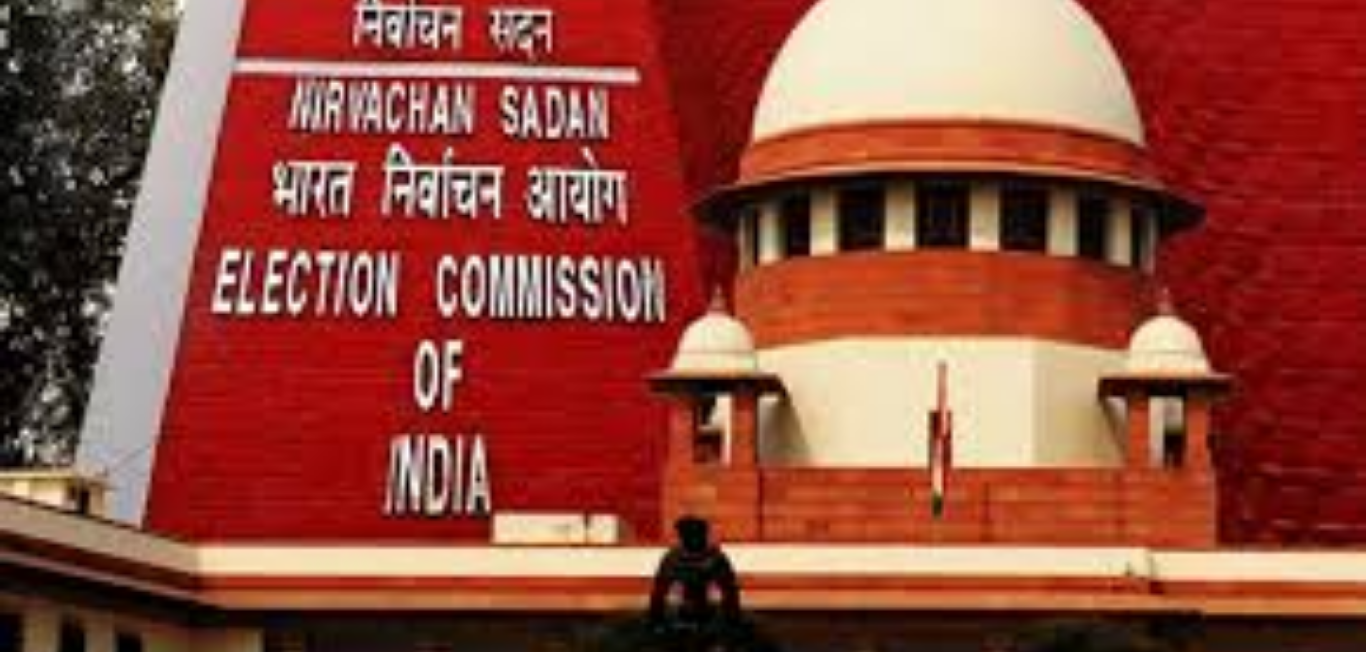
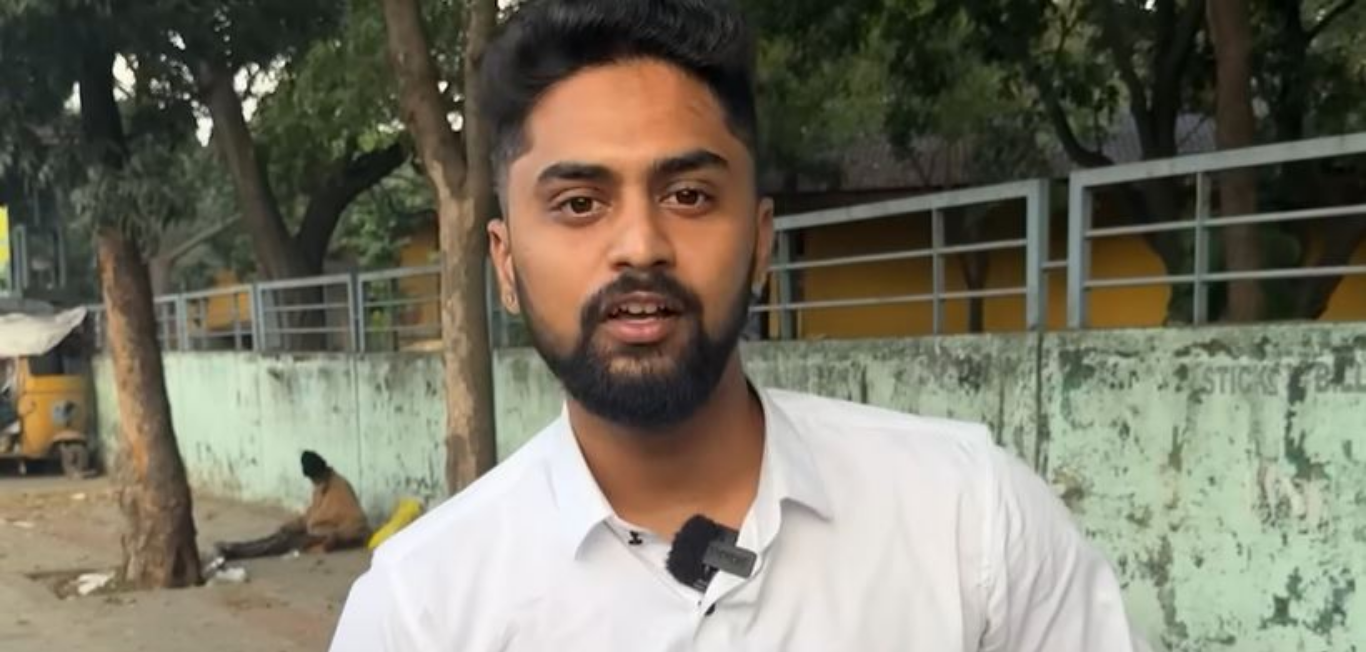
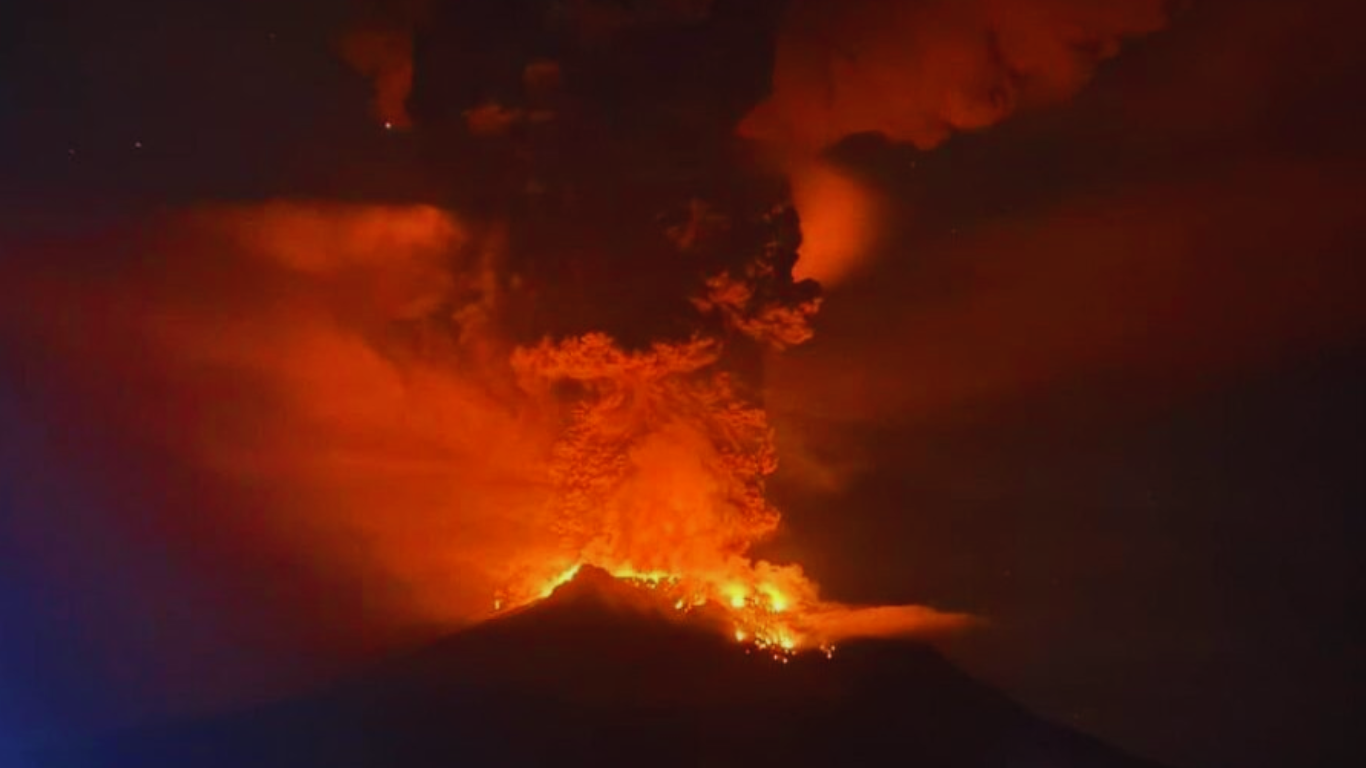
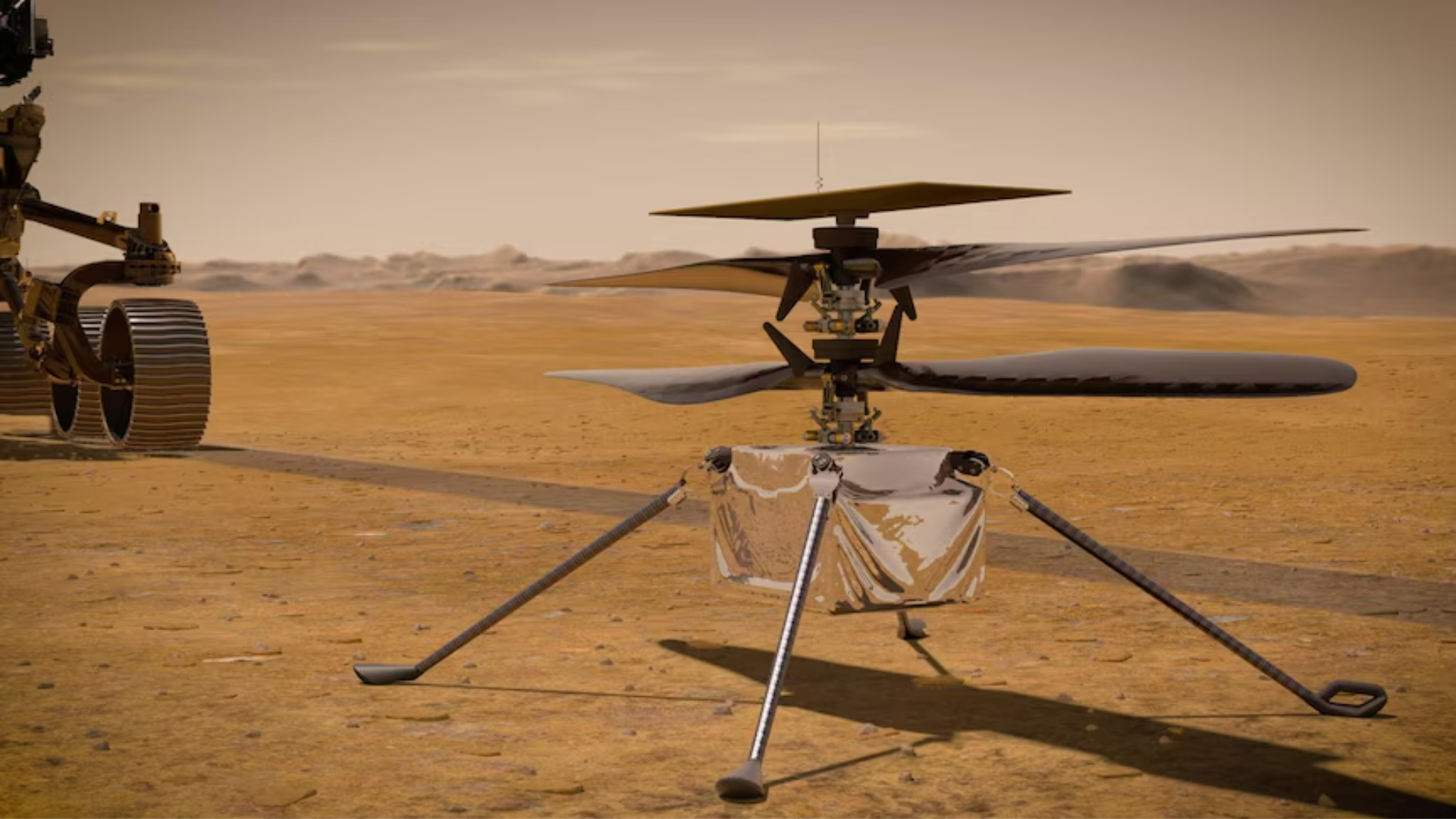

According to Ministry of External Affairs spokesperson Arindam Bagchi, India’s Indus Commissioner has sent a notice to Pakistan’s counterpart to designate a date for the start of interstate bilateral consultations to correct an ongoing material infringement of the Indus Water Treaty. He also stated that India is not a party to the arbitration court’s proceedings.
“We have issued rather our Indias Indus Commissioner issued a notice on January 25 for modification of the Indus Water Treaty of 1960 to his Pakistani counterpart. This notice was issued with the intent to provide Pakistan an opportunity to enter into government-to-government negotiations, to rectify an ongoing material breach of the treaty. We have called upon Pakistan to notify a suitable date for the commencement of interstate bilateral negotiations under article XII (3) within 90 days," Bagchi said in response to a question on Indias notice to Pakistan for amendments to the Indus water treaty.
“I am not aware of a response from Pakistan as of yet. I am not aware of any response or comment by the World Bank,” Bagchi said. In answer to a media question about New Delhi’s view on the arbitration court, he stressed that India is not participating or involved in the process in any manner. According to sources, India submitted a notice to Pakistan on January 25 to modify the Indus Waters Treaty (IWT) of September 1960 after Islamabad’s activities violated the treaty’s stipulations.
According to Article XII (3) of the IWT, the notification was delivered on January 25 through the respective Commissioners for Indus Waters. According to reports, the purpose of the notice for amendment is to give Pakistan the option to join into intergovernmental consultations within 90 days to correct the material breach of the IWT. This procedure would also update IWT to reflect the lessons learnt during the previous 62 years.
Meanwhile, External Affairs Minister S Jaishankar stated last week that the Indus Waters Treaty is a technical matter and that future action will be determined by talks between India and Pakistan’s Indus Commissioners. “It will not be right for me to speak publically about what is happening in Pakistan. This is a technical matter, Indus Commissioners of both countries will talk about the Indus Water Treaty. We can only discuss our future steps after that,” he said.
At Pakistan’s insistence, the World Bank launched actions on both the Neutral Expert and Court of Arbitration processes. Such concurrent evaluation of the identical topics is not covered by any IWT provision.
In October 2022, the World Bank made selections in two different processes sought by India and Pakistan in connection with the Kishenganga and Ratle hydroelectric power stations.
In accordance with its responsibility under the Indus Waters Treaty, it selected a chairman of the Court of Arbitration and a neutral expert. According to a World Bank press release, the two countries dispute on whether the technical design elements of the two hydroelectric projects violate the Treaty.
Michel Lino was named Neutral Expert, while Sean Murphy was named Chairman of the Court of Arbitration. According to the announcement, they will carry out their tasks in their individual role as subject matter experts, independent of any other posts they may now hold.

